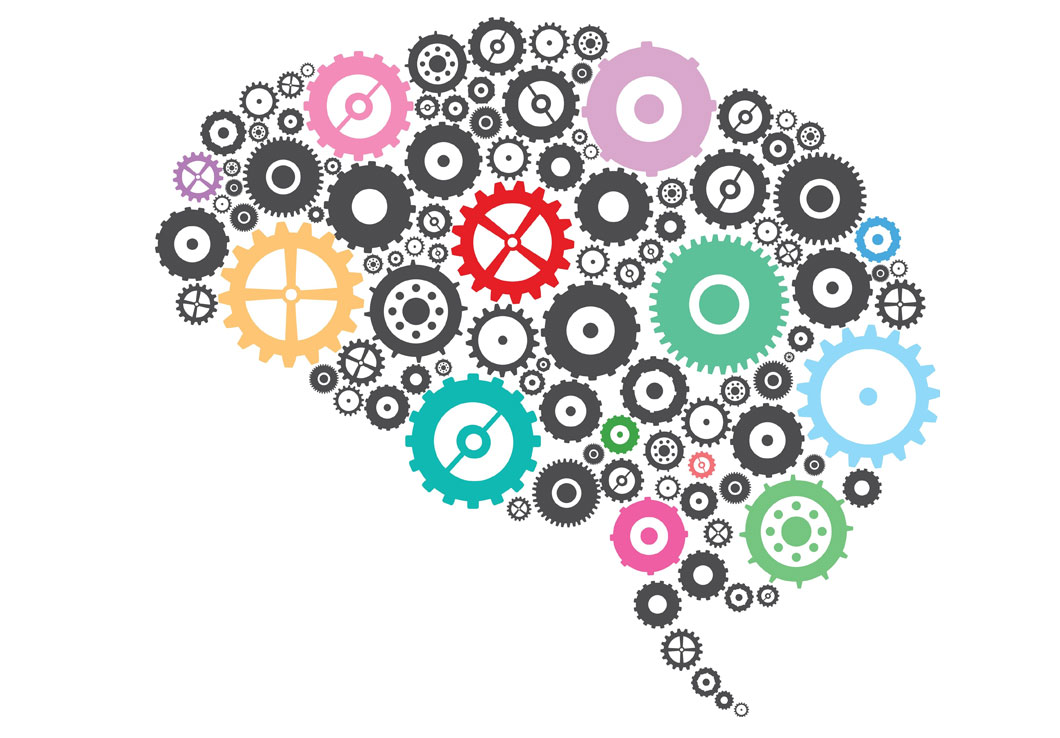 Every feeling, movement, sensation, and behavior either begins or ends in your brain. Advances in neuroscience, or the study of the nervous system, mean new and effective treatments are available for many conditions that involve or affect the brain. Read about a few conditions—migraines, addiction, epilepsy, dementia, and children’s mental health—below.
Migraines
Most people get headaches from time to time. But all headaches are not created equal. Migraine pain and symptoms affect 29.5 million Americans. These intense headaches often come with nausea, vomiting, vision changes, and sensitivity to lights and sounds.
Strange warning signs, called auras, may signal an oncoming migraine. You might notice flashing lights or colors, have trouble seeing, experience an unusual sense of smell, or feel tingling in your hands or face.
The physiological processes of migraines are not fully understood. SMG neurologist, Garth Turner, MD, says, “The pain of a migraine is suspected to be a consequence of neurovascular activation and production of inflammatory mediators. We do tend to notice that people affected by migraines (migraineurs) often have an affected family member, suggesting an inherited trait, but it’s probably true that the problem of recurrent migraine is a product of inheritance plus environmental and personal factors. Sleep, stress, comorbid psychiatric conditions, such as anxiety and depression, and fitness, significantly impact headache frequency.”
Medication can help ease migraine pain or prevent these headaches before they start. Talk with your doctor about ways to avoid triggers, such as tracking your diet, getting plenty of sleep, and easing stress.
Addiction
Drug and alcohol addiction aren’t mere character flaws. They’re diseases that change the way the brain functions. Scientists have examined brain scans of those who are addicted. They can see differences in areas that are critical to judgment, decision-making, learning, memory, and behavior control.
On first use, drugs stimulate the brain’s reward system and release pleasure-boosting chemicals. Over time, more of the substance is needed to get the same reaction, or high. An addict will feel sick, anxious, and irritable when they aren’t using. The person will do almost anything to get alcohol or drugs—even if it hurts others or his or her own health.
Medications targeting these brain problems, therapy to change behavior, or a combination of the two help treat addiction. The best choice depends on the person, so talk with your doctor if you or someone you love is struggling with drug or alcohol addiction.
Epilepsy
Just like your hair dryer and your dishwasher, your brain runs on electricity. Sparks jump between nerve cells and to muscles and glands, producing thoughts, actions, and feelings.
Seizures happen when these circuits go awry. Nerve cells that fire rapidly and repeatedly can cause muscle spasms, changes in sensations and emotions, and loss of awareness. A person may be diagnosed with epilepsy after they’ve had two seizures.
Anything that interferes with the way neurons normally interact can contribute to this disorder, including injuries, infections, and abnormal brain development.
About 70 percent of people with epilepsy can fully control their seizures with medications and surgery. Beginning treatment early can help. So, talk with your doctor if you or a family member has a seizure.
Dementia
As we head toward our golden years, our brains undergo changes that affect certain areas of thinking, memory, and information processing. As many as half of people ages 85 and older develop dementia, a condition that robs people of their ability to remember, speak, or do other things important to daily life.
Alzheimer’s disease is the most common cause of dementia in older adults. Unusual deposits of proteins form amyloid plaques and tau tangles in the brains of people with this disease, and once-healthy nerve cells (neurons) stop functioning and die. Most other types of dementia also result from damaged or dying neurons.
Some dementia-like disorders, such as those caused by brain tumors or alcohol abuse, can be stopped or reversed. Others, including Alzheimer’s disease, have no cure. However, there are medications that can improve symptoms. And researchers are currently running clinical trials to test potential ways to prevent dementia, including exercising, eating a nutritious diet, and maintaining strong social ties. |
